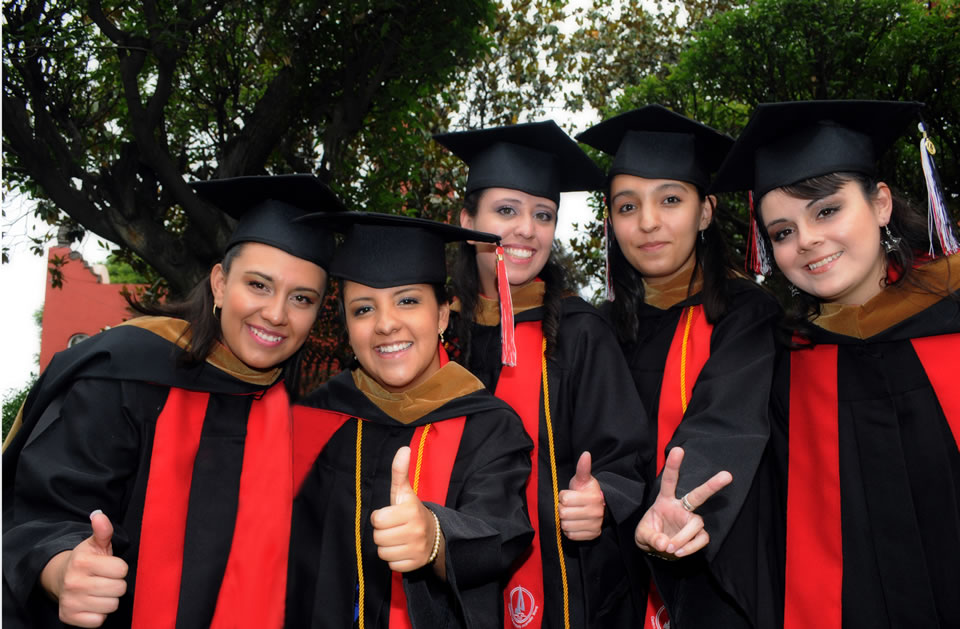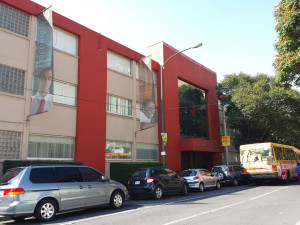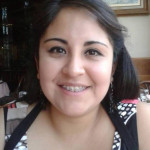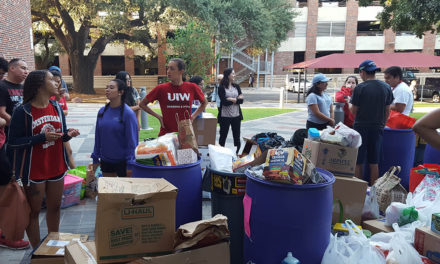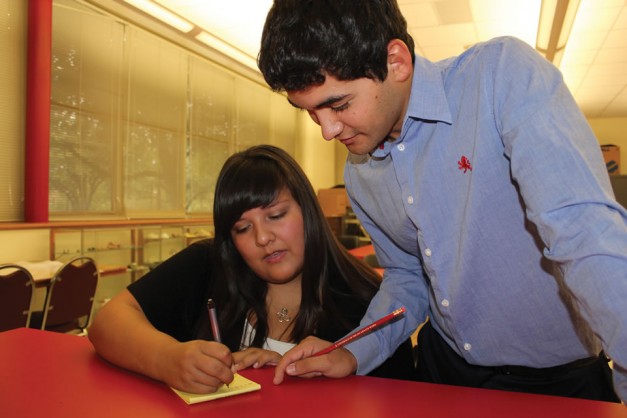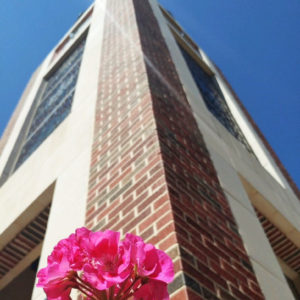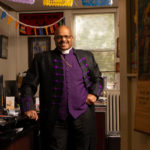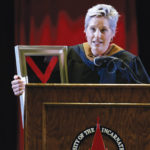By Brance Arnold ’10 MA
The University of the Incarnate Word (UIW) continues to expand its reach globally by providing students from all over the world access to a quality education. A shining example of this international initiative is Centro Universitario Incarnate Word (CIW), UIW’s campus located in Mexico City.
Founded in 2003, CIW is a joint effort between UIW’s founding congregation, the Sisters of Charity of the Incarnate Word and UIW. Though CIW is a branch campus of UIW, it possesses its own faculty, administration, board, budget and hiring authority. The university provides students the opportunity to earn dual college degrees from an American university fully recognized by each country’s respective institutions.
“We wanted to give the Mexican students the opportunity to have access to a quality international education with very affordable tuition,” said Marcos Fragoso, vice president for international affairs.
CIW conferred degrees to its first nine graduates in 2008. To date, CIW has graduated 257 students. The university conferred degrees to 27 graduates at its most recent commencement in December. As well as an increase in its alumni, CIW has experienced tremendous growth in enrollment, faculty and programs.
Fragoso recalled, “When we first started, there were four students and now we have almost 1,000. Faculty members were less than 15 and today there are 100. We opened with three bachelor’s programs and now we have 10 bachelor’s and two master’s programs as well as more than 30 continuing education programs.”
The total student population reached 925 in 2013 and is projected to increase in the coming years. “We plan to have about 1,300 students by Fall 2014 and 1,500 by Fall 2015,” said Matthew Whitehouse, CIW rector.
According to Whitehouse, in 2014, CIW plans to add undergraduate degrees in accounting and finance, actuary and mathematics as well as two executive undergraduate degrees in business. The programs will be blended with online courses coupled with classroom courses. Graduate programs being added include master’s degrees in psychology, nutrition and law. Whitehouse said CIW absorbed a small university in 2013 adding culinary arts and 3-D animation for film programs and in 2014 will be offering 3-D animation for gaming.
CIW is home to men’s and women’s soccer teams as well as a newly established cheerleading team. The school has a Language Center offering courses in six languages and a Continued Education Office servicing CIW students as well as external students. Eighty percent of CIW students have some type of scholarship and student employment opportunities are available.
CIW’s campus is as diversified as the language courses it offers with students originating from Brazil, the Dominican Republic, Venezuela, Haiti, Argentina, Chile, Cuba, Spain, Saudi Arabia, and the U.S. CIW students can study exclusively in Mexico or they can study up to two semesters at UIW in San Antonio, Texas, or study abroad at other universities where UIW and CIW have exchange programs.
Currently, CIW has five students at UIW and approximately eight new students will be studying at the university in August.
Ofelia Ojeda, a CIW senior studying nutrition, said the opportunity to study at UIW was a pinnacle moment.
“It has been one of the greatest experiences of my life,” shared Ojeda. “I met lots of people who became my friends and I learned about many other cultures.”
Ojeda said she chose CIW because it was close in proximity to her home, offered a good study plan for her career options, and provided the opportunity for the double degree.
“At CIW, I have met people that have supported me to the end,” Ojeda said. “CIW always offers me options to be successful with summer courses and workshops to compliment my studies. And it is truly an international school with amazing study abroad programs.”
Because of a travel advisory issued by the U.S. Department of State, UIW students were previously unable to study at CIW. The advisory was lifted in October 2013 and CIW is expected to attract UIW students to study full semesters in Mexico in 2014.
In May, a group of students with UIW’s Center for Civic Leadership (CCL) program, Cardinal Community Leaders, plan to visit Mexico to interact with CIW students and visit communities needing volunteer support. CIW students are required to complete 45 hours of community service, 30 field hours and 15 hours at CIW.
Fragoso explained that CIW is unique because it is one of the few universities in Mexico to offer degrees recognized academically by both countries and, therefore, provides a distinct advantage in the job market.
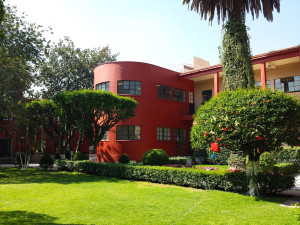
A wing of CIW where the library is located on the bottom floor and academic offices on the second floor
“For Mexican students it is a big deal because employers recognize that an American university has a high education quality, students are bilingual and have a different perspective than students with only a Mexican education,” Fragoso said. “Our students in Mexico received both diplomas and are landing very good jobs in the government and the corporate world.”
“Other universities offer this, but none have a campus in both countries where the programs are similar and students are registered in both universities,” said Whitehouse.
As far as the future, Fragoso said CIW seeks to grow in the graduate and online undergraduate degrees it offers; renovate facilities; add more full-time faculty; increase research; and continue to improve in quality.
Reflecting on her experience at the university, Ojeda said, “CIW has had all I need as a student. It has provided the opportunity to be more prepared in my career and many other fields as well. Definitely, I could not have chosen a better alma mater than CIW.”

